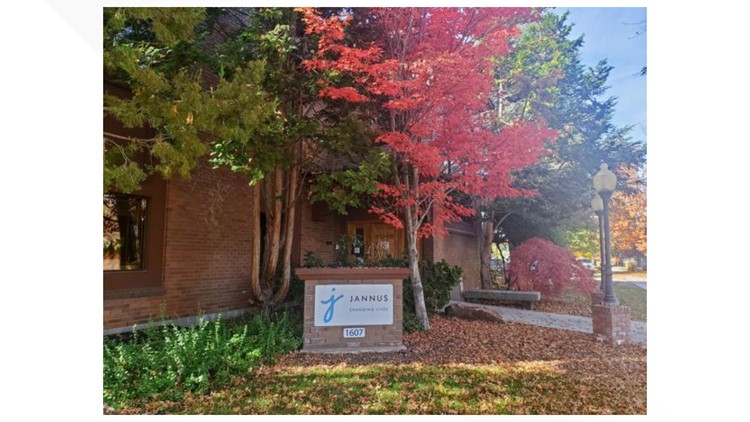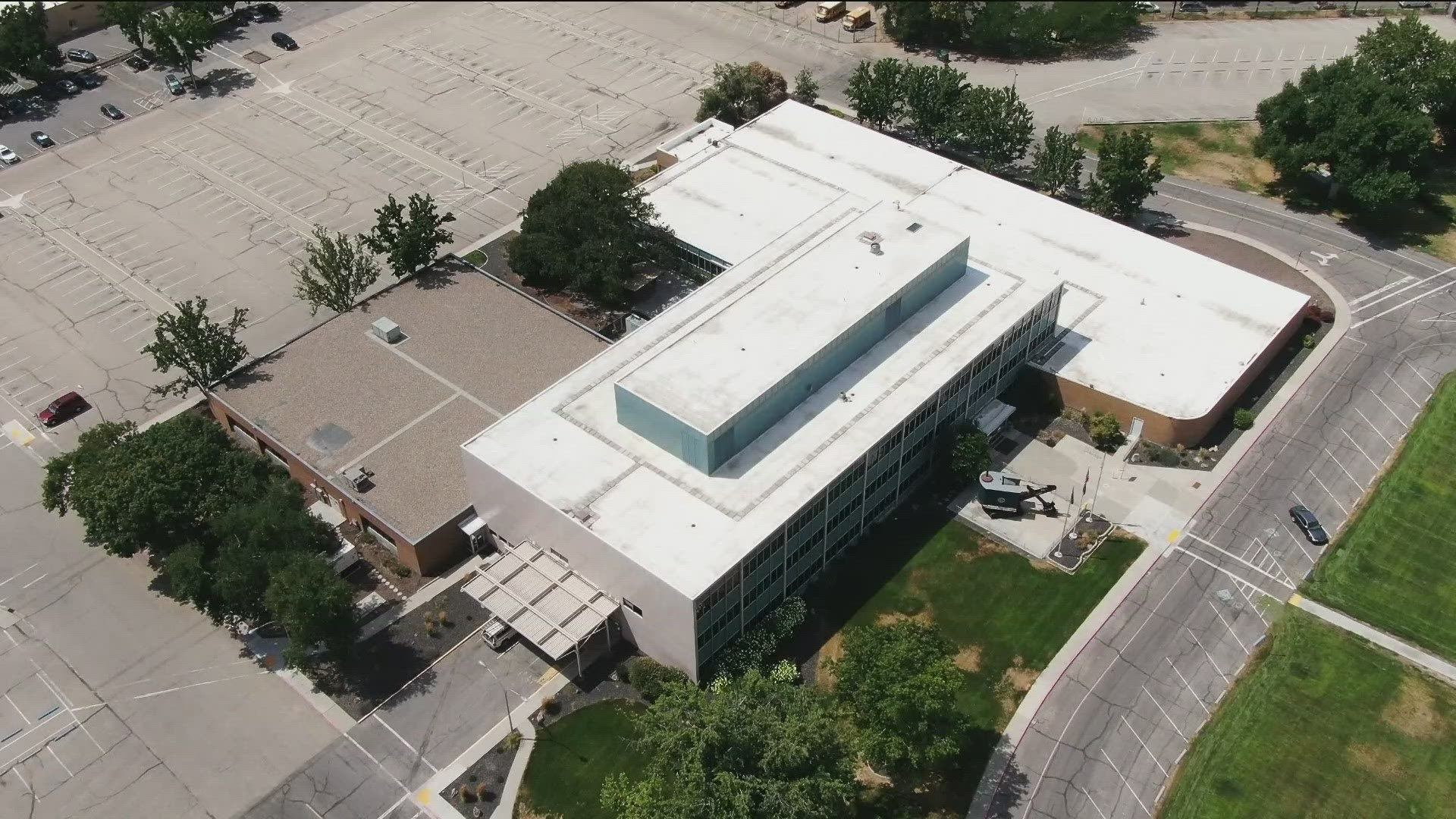BOISE, Idaho —
This story originally appeared in the Idaho Press.
Refugee resettlement programs have been bringing the world to Idaho since the 1970s. Since that time, Boise has grown to be a bastion of refuge for displaced persons from all over the globe who are seeking to find the meaning of home again after losing so much.
Resettlement always has its challenges, both for those being resettled and those trying to help them. It’s an ever-changing process of evolving and adapting to the current situation.
According to Christina Bruce-Bennion, service coordination program manager for the Idaho Office for Refugees, the challenges for those coming to Boise have undergone a 180-degree turn in the past 15 years.
“It’s almost a complete flip from where we had plentiful housing and cheap housing and no jobs to more jobs than anyone can shake a stick at and housing is a challenge,” Bruce-Bennion said.
Housing woes aren’t a foreign concept to most residents of the Treasure Valley, but it has presented another layer of difficulty for refugees.
Slobodanka Hodzic, program director for the Agency for New Americans, said most refugees are staying in hotels for an average of two months before resettlement agencies can find housing for them. But that period of time could be longer depending on how many people are in a family and how big the group they came with was.
“Housing and building home is … kind of a building block for all other services where people feel safe. And they feel a bit at home. Everything else can kind of build up on that,” Hodzic said.
Hodzic arrived in Twin Falls as a refugee from Bosnia and Herzegovina in 1996. According to her, the one thing she and her team are hoping for is that the housing market levels off so they can find available and affordable units for their clients.
One refugee who has settled locally that’s been affected by this housing crisis is Noori, who asked to be referred to by only his nickname due to safety concerns for him and his family. He and his family arrived in Boise from Afghanistan six months ago.
He has been working with the International Rescue Committee, one of the state department-funded resettlement agencies that help refugees get back on their feet and adjust to the new society that surrounds them.
“I had everything in Afghanistan, and I left everything. I came with $100 from Afghanistan to America,” he said.
Noori, his wife and their five children had a long and arduous journey before arriving in the Treasure Valley. They escaped the Kabul airport, slept shoulder-to-shoulder with strangers in tents, and had limited food, water and bathroom facilities throughout their trek. After spending two-and-a-half months in a hotel in Boise, his family has finally been moved into an apartment. Noori said this has made all the difference.
“Everything has already changed. Now (my children) are happy, at least they have their own home,” Noori said.
Boise is currently experiencing a surge in new refugee arrivals. With limited resources left in the wake of Trump administration immigration policies and the COVID-19 pandemic, resettlement agencies are feeling the squeeze — especially in a tight housing market.
“There’s been this effort to sort of rebuild capacity, and at the same time you bump into, suddenly there’s an evacuation of a lot of Afghans, which is also what the program is here for,” Bruce-Bennion said, “but sometimes you have these moments in resettlement where all these external factors can crash into each other.”
So organizations like the Idaho Office for Refugees and the Agency for New Americans are having to get creative.
“I think we just have this long-standing commitment to, like, ‘OK, here’s what we have in front of us, how do we adapt? How do we innovate?’” Bruce-Bennion said. “We work really hard to cultivate strong communication and collaboration and resource sharing … with a big variety of community partners where resettlement happens in the state. So that when there is a challenge … there is more of an ability to really come together.”
One of the ways the Idaho Office for Refugees is collaborating with community partners is by working through an initiative called Neighbors United.
Neighbors United is made up of over 100 community leaders and groups. One of the ways it has tried to address the housing issues resettlement agencies are currently facing is by setting up houseyourneighbor.org. Members of the community can go to the website and provide help in a myriad of ways, such as offering rental units, volunteering to be cosigners and providing cash assistance.
“We know the housing challenge isn’t going to go away tomorrow,” Bruce-Bennion said. “We really remain committed to our sort of collaborative approach, trying to be innovative, but also to really address some of the big issues that we see come our way.”
Despite housing woes, Bruce-Bennion and Hodzic say that Boise is still a wonderful place for refugees. This is, in large part, thanks to the people who live here.
“Boise is actually very nice and receiving, safe community,” Hodzic said. “It’s actually a community that helps our clients succeed. Help gives them opportunity to open their own businesses. There are lots of services that actually help clients from opening their own childcare, opening businesses, restaurants.”
For Noori, living in Boise and starting to be able to stand on his own two feet again isn’t something he takes for granted.
“Now, we are living in a very peaceful society, very secure. You’re not feeling any danger … everything is now comfortable, I mean, everything is now quiet,” he said. “Boise now is my heart. It’s my home.”
This story originally appeared in the Idaho Press. Read more at IdahoPress.com
Watch more Local News:
See the latest news from around the Treasure Valley and the Gem State in our YouTube playlist:



